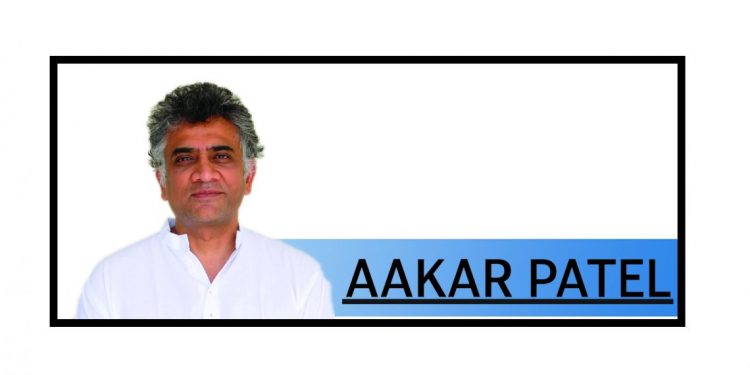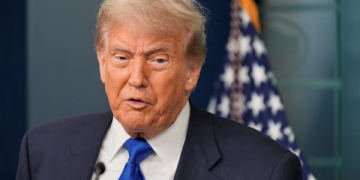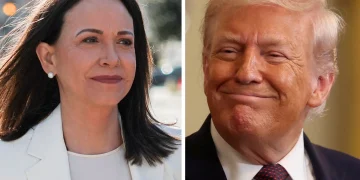Last week, I wrote about South Asia remaining poor compared to nations in Asia, which have done something different from us. The task is to figure out what we are doing wrong or differently and what is undeniably different about us and them. It cannot only be, as is argued, that it is the form of economic system that is to blame. We have tried managing the economy through central planning (India in the 1950s and 1960s), through license raj (India through to the 1980s), through ‘liberalisation’ (Pakistan beginning in the 1960s and India from 1991). We have returned to the same things we were doing before (import substitution in India in the 1970s and today). We have had some success and created sectors where we are leaders (India for a quarter century or so in information technology enabled services and Bangladesh today in garments).
It cannot be that we do not have, or have not tried to have, hard power. We have developed nuclear weapons, we have spent large sums on our militaries. Pakistan sends 17% of all government spending to the army, India and Bangladesh send 9%. We have tried to be strong — the misguided word used here is ‘muscular’, and run large parts of the subcontinent through the military (Kashmir and the North East in India, Balochistan in Pakistan). We have tried to remain defiant. We have joined Western alliances (Pakistan in the 1960s), we have remained non-aligned (India in the 1950s) and we have tried a patchwork of things in between.
But the end result is the numbers we looked at in the previous column. The world’s GDP per capita per year is an average of $12,262. China is slightly ahead of the world average and Bangladesh, India and Pakistan are one fifth. We were five times less than the global average in 1960 also, when the globe was at $459 and India at $82. Note that this is per person income and of the world’s 7.7 billion people, South Asia contributes a full 23%. Meaning we are a drag on the world’s economy and productivity and have been for 60 years, at more or less the same rate.
There must be something we are missing. What is it? The World Bank says that intra-regional trade between Bangladesh, India and Pakistan accounts for 5% of our total trade, compared to South East Asia where the number is five times higher. Trade annually here is $23 billion though it should really be over $100 billion. Why? The problem is purely man-made. The World Bank says that “border challenges mean it is about 20 percent cheaper for a company in India to trade with Brazil instead of a neighbouring South Asian country” and that the main problem is “a broad trust deficit throughout the region.”
It adds that South Asia is “one of the least integrated regions in the world in terms of trade and people-to-people contact. Putting aside traditional concerns and taking joint action can develop cross-border solutions to shared issues, strengthen regional institutions, improve infrastructure and connectivity, and advance trade policy.”
Why should it take outsiders to tell us what is obvious? But unfortunately it does. The World Bank adds that regional cooperation has the potential to produce significant gains across all countries of South Asia because the gap in trade is $44 billion annually. We have the space to reduce the 50% higher cost for container shipments in South Asia compared to developed nations. But it can happen only if we are less hostile and more open to each other than we are and have been. This is the one thing we have not tried. We have not opened ourselves to each other and returned to the sort of geography and economy that we had before 1947. Indeed, we have not devolved internally power from the Union to the states and further along either.
In his book ‘The 10 rules of successful nations’ Ruchir Sharma writes that “among the largest emerging nations, trade amounts to 60% of GDP on average, and countries well above that average tend to be major export manufacturers, led by the Czech Republic (142), Vietnam (210), Malaysia (131), and Thailand (117).” He adds something that will not surprise us: “Meanwhile, South Asia remains fenced off. Isolation, lawlessness, and the lingering bitterness produced by regional wars have made it difficult for India, Pakistan, Bangladesh, and Sri Lanka to open borders, and so far, no leader has stepped forward to ease hostilities.”
India’s trade to GDP has in fact fallen from 58% of GDP in 2014 to 44% today, with Pakistan at 30% and Bangladesh at 28%.
Is it possible that we can open ourselves to each other? If so, in what realistic way, given all the difficulties and ingrained historical resistance? And if achieved, what are the effects this can have on our societies? I do not know if by doing this we can repeat what Taiwan and Japan and South Korea did, but I do know that it removes the one restraint that we have deliberately put on ourselves and can eliminate ourselves. The fact that it is not even discussed widely today in the region, despite all three states being democracies, tells us something about how blind we have become to our condition. And how satisfied and unambitious our political parties are with the way things continue to remain in the South Asia as we enter the second quarter of the 21st century. Let us make an attempt, however modest, to change that.
By Aakar Patel






































